🎗️Lonny's War Update- October 685, 2023 - August 21, 2025 🎗️
🎗️Day 685 that 50 of our hostages are still in Hamas captivity🎗️
Dermer meets Qataris as Israel reportedly decides not to respond for now to proposed deal
Strategic Affairs Minister Ron Dermer met yesterday in Paris with a delegation of senior Qatari officials to discuss the ongoing hostage-release and ceasefire negotiations, an Arab diplomat tells The Times of Israel.
During the meeting, Dermer reiterated the Israeli stance that it is only interested in a comprehensive deal in which Hamas releases all of the hostages at once and agrees to Jerusalem’s terms for its surrender from power, the Arab diplomat says, confirming a Channel 12 report.
The network also says that Israel for the time being has decided to avoid responding at all to the phased hostage release deal proposal approved on Monday by Hamas.
No security cabinet meeting has been scheduled to even discuss the proposal, which is nearly identical to the one crafted by US special envoy Steve Witkoff and approved by Israel last month.
Instead, Prime Minister Benjamin Netanyahu has directed the IDF to speed up plans to take over Gaza City.
Egypt urges Israel to respond to Hamas-accepted Gaza truce outline
Egyptian Foreign Minister Badr Abdelatty stresses the importance of Israel responding to the Arab mediators’ ceasefire proposal accepted by Hamas on Monday during a phone call with US special envoy Steve Witkoff earlier today, according to an Egyptian readout.
Israel has yet to respond to the phased hostage release proposal, which is nearly identical to the one crafted by Witkoff in May, and Prime Minister Benjamin Netanyahu hasn’t even announced the convening of a security cabinet meeting to discuss it as Jerusalem appears intent on advancing plan to take over Gaza, asserting that it will only agree to end the war if Hamas releases all of the hostages at once and agrees to Israel’s surrender terms.
In his call with Witkoff, Abdelatty updated the US envoy on the latest developments in the ceasefire talks, stressing the need to “seize the current opportunity” to bring about an end to the war, the Egyptian readout says.
**There is nothing more important than getting them home! NOTHING!**
“I’ve never met them,But I miss them. I’ve never met them,but I think of them every second. I’ve never met them,but they are my family. BRING THEM HOME NOW!!!”
There is no victory until all of the hostages are home!אין נצחון עד שכל החטופים בבית
Exactly 1 year ago today on August 20, 2024 the bodies of six hostages were retrieved from Gaza:
Alex Dancyg, Avraham Munder, Yoram Metzger and Chaim Peri - from Kibbutz Nir Oz. Yagev Buchshtab and Nadav Popplewell from Kibbutz Nirim.
The IDF confirmed they were all shot dead by Hamas terrorists, following an airstrike nearby.
Military pressure puts hostages at risk and too many have been killed as a result.
The government is moving forward with the plan to “fully occupy” the Gaza strip - knowing that the remaining hostages may be killed as a result.
Hostage families are calling for an end to the war and a deal to return ALL hostages. It feels impossible to breathe, our hearts are completely shattered.
Post by Sharone Lifshitz, daughter of Oded Lifshitz who was killed by Hamas terrorists while in captivity
Red Alerts - Missile, Rocket, Drone (UAV - unmanned aerial vehicles), and Terror Attacks and Death Announcements
*
'Hamas had no choice but to bend': Egypt races to diplomatic solution in Gaza while Israel steps up war
Egypt isolates Hamas in Cairo talks, pressing it to drop its demand for a full ceasefire; with Arab factions united behind a partial deal and no regional cover left, Cairo signals that Gaza’s future—and Hamas’ fate—now hangs in the balance
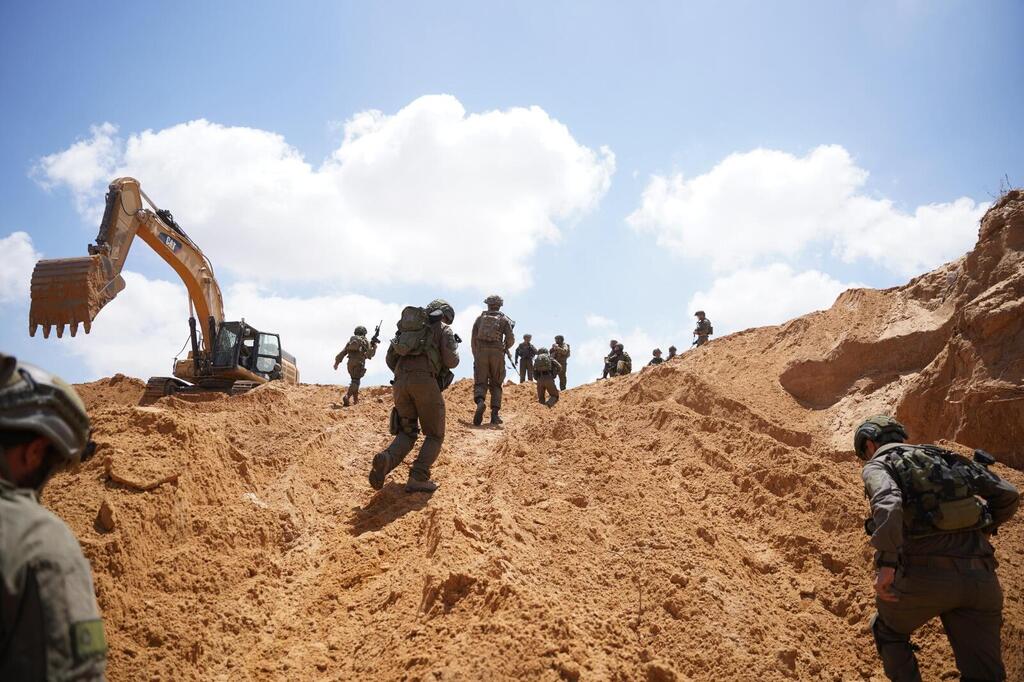

IDF says it has killed over 2,100 terror operatives since resuming Gaza fighting in March
Since resuming fighting in the Gaza Strip in March, the IDF says it has eliminated over 2,100 terror operatives, including many senior Hamas commanders and other leaders in the terror group.
The Hamas-run health ministry in Gaza says 10,576 Palestinians have been killed in that time, without differentiating between combatants and civilians. Neither figure can be independently verified.
Over 10,000 terror targets were struck by Israeli Air Force fighter jets, helicopters and drones, as well as Navy vessels, since March 18, the military says.
The IDF says it has “operational control” over 75% of the Strip’s territory, which was achieved during the army’s latest offensive.
“The operational control in the area enabled the IDF to significantly expand its activity, thereby causing blows to the capabilities and terror infrastructure of the Hamas terror organization and disrupting its chain of command,” the military says.
The most significant strike carried out since March was the elimination of Mohammed Sinwar, the Hamas leader in Gaza and brother of the late Hamas leader Yahya Sinwar, whom Israel killed last year; Muhammad Shabana, commander of the terror group’s Rafah Brigade; and Mahdi Quara, commander of the South Khan Younis Battalion.
The three, along with other operatives, were killed on May 13 while hiding in a tunnel under the European Hospital in Khan Younis.
The IDF says it has also killed several Hamas government leaders, internal security officers, six top commanders in the terror group’s naval commando forces, and dozens of terrorists who invaded Israel during its October 7, 2023, onslaught.
According to the IDF, its offensive against Hamas in recent months “led to a blow to the combat and command capabilities of the terror organizations in the Gaza Strip” and “created favorable operational conditions for intensifying the pressure on the Hamas terror organization and causing blows to its remaining capabilities.”
“These achievements constitute the basis for the next moves of the IDF in the Gaza Strip,” the military says, referring to the upcoming offensive in Gaza City.
IDF moves to encircle Hamas in first stage of Gaza City assault
Israeli forces start encircling Gaza City in preparation for major offensive, with tens of thousands of reservists called up and Hamas described as 'battered guerrilla force'; operation comes amid new ceasefire proposal and heavy fighting near Khan Younis
The IDF has taken the first steps of a planned operation to take over Gaza City, military spokesman Brigadier General Effie Defrin said on Wednesday.Following a clash with Hamas south of Khan Younis on Wednesday, he said: "We will deepen the attack on Hamas in Gaza City, a stronghold of governmental and military terror for the terrorist organization."Defrin said troops had already begun circling the outskirts of Gaza City and Hamas was now a "battered and bruised" guerrilla force."We have begun the preliminary operations and the first stages of the attack on Gaza City, and already now IDF forces are holding the outskirts of Gaza City," he said.Prime Minister Benjamin Netanyahu's office said Wednesday that he has ordered a reduction in timelines for taking control of Hamas strongholds and defeating the terrorist group. The statement did not specify the new timelines.The IDF called up tens of thousands of reservists on Wednesday in preparation for the expected assault on Gaza City, as the Israeli government considered a new proposal for a ceasefire after nearly two years of war.The call-up signals Israel is pressing ahead with its plan to seize Gaza's biggest urban center despite international criticism of an operation likely to force the displacement of many more Palestinians.But a military official briefing reporters said reserve soldiers would not report for duty until September, an interval that gives mediators some time to bridge gaps between Palestinian terrorist group Hamas and Israel over truce terms.Israeli troops clashed on Wednesday with more than 15 Hamas terrorists who emerged from tunnel shafts and attacked with gunfire and anti-tank missiles near Khan Younis, south of Gaza City, severely wounding one soldier and lightly wounding two others, an IDF official said.In a statement, Hamas' Al-Qassam Brigades confirmed carrying out a raid on Israeli troops southeast of Khan Younis and engaging Israeli troops at point-blank range. It said one fighter blew himself up among the soldiers, causing casualties, during an attack that lasted several hours. Link Netanyahu is moving up the time schedule that was announced previously. I have no doubt that the motivation behind it is to kill any more discussion on an interim deal that he pushed for and lately abandoned without explanation. My assumption is that he changed his entire mode of hostage negotiations to buy more time so it fits in with his political survival time table. That time table was at great risk before his last trip to Washington when all believed that Trump would force him to end the war. He was again able to twist Trump to his viewpoint and gave him the green light to do as he wishes. This gave him the breathing room he so dearly feels he needs to solidify his political position before the next elections. He wants them to happen as late as possible and if possible, only to be held at the scheduled date in October 2026. However, he is extremely politically pragmatic and recognizes that he may not be able to hold his government together till then so he is preparing for early elections in the first quarter of 2026 at the earliest. Any earlier is seen as a political risk to him, so he needs to stretch everything out till the time he would announce early elections, not before October of November of 2025 which would bring elections 3 months later. By bringing forward the expansion of the war and occupying Gaza, he knows that this is creating huge pressure in the Arab world and also in Hamas, which needs to control their last major stronghold and be able to regroup its position, but their flexibility in negotiations is limited and that makes Egypt especially nervous. As far as Netanyahu goes, everything is fair and no price too high for him to achieve his political survival goals: sacrificing the hostages is acceptable to him as is the deaths and maiming of more soldiers. All prices to be paid by the Israeli public on the altar of Netanyahu's future to stay prime minister.
Gaza and the South

State comptroller accuses IDF of not cooperating with Oct. 7 investigation
State Comptroller Matanyahu Englman sent a letter to IDF Chief of Staff Eyal Zamir yesterday to complain about what he said was the army’s failure to cooperate with his investigation into the failures leading up to and on October 7, 2023, when Hamas-led terrorists perpetrated a massacre in southern Israel, Englman’s spokesperson confirms.
Englman has long complained that the IDF has failed to cooperate with his investigation, and the army has indeed resisted the probe, claiming it would interfere with its prosecution of the war.
In his letter to Zamir, Englman objected to what he said was the IDF’s failure to cooperate with his investigation, including difficulties his office has had obtaining relevant documentation from the army, and senior military officers who have not made themselves available for meetings with State Comptroller officials.
Englman said the IDF’s actions are in violation of an agreement reached with the State Comptroller’s Office under the auspices of the High Court of Justice in November 2024.
Earlier this week, the director general of the State Comptroller’s Office, Yishai Vaknin, made similar comments, saying that the investigation was not proceeding at the pace and in the manner agreed via the High Court.
Critics of the government, including members of the opposition and several government watchdog groups, have expressed concern that the probe by Englman, who has no legal background and was appointed to his position under a Netanyahu-led government, could seek to minimize political responsibility for the October 7 onslaught.
Smotrich: If Netanyahu agrees to a ceasefire, I will resign from the government
We can only hope that it happens. Smotrich and Ben Gvir pride themselves for being the main people for preventing multiple hostage deals that did, infect fall apart due to Netanyahu’s cowardice and weakness. He let these extremist tails wag his dog just so he will stay in power. If not for the two messianics and Netanyahu allowing them to control what happens in the country, we still have 50 hostages in captivity for 685 days. They care nothing about the hostages, their families or the welfare of the country. They should never have been given positions of power ever. They, especially Ben Gvir were fringe elements in the Israeli political makeup but Netanyahu, in his sick narcissistic need to continue to be prime minister was willing to do whatever is necessary to put together a government including normalizing the worst of the worst. Ben Gvir is a convicted criminal for belonging to and supporting a terrorist organization and spent his entire legal career defending Jewish terrorists. The army wouldn't take him because they viewed him as too dangerous and with an army issued weapon, he could create a real threat to Palestinians.
Smotrich did all he could to avoid army service and even succeeded in learning and getting his law degree while hiding from military conscription. When the army finally caught up with him at the age of 30, he served as a clerk in IDF headquarters for a few months. Both of them should never have been elected to the Knesset, and the idea of them as senior ministers is appalling, yet Netanyahu normalized them and continues to bolster their positions so that because he will need them in the next elections to get enough votes to help him build a coalition and remain prime minister. We all must prevent all of that from happening ever again and relegate them all to a bad time in our history.
- The Region and the World
Countries that 'don't prevent the Gaza genocide are complicit with Israel', activist says
Speaking with FRANCE 24's Mark Owen about the destruction of the Gaza strip, Israeli columnist and activist Gershon Baskin says that 'the countries of the world that have relations with Israel and that don't use their leverage to stop the Gaza genocide [...] are complicit in it'. Interview with Dr. Gershon Baskin
Acronyms and Glossary
ICC - International Criminal Court in the Hague
IJC - International Court of Justice in the Hague
MDA - Magen David Adom - Israel Ambulance Corp
PA - Palestinian Authority - President Mahmud Abbas, aka Abu Mazen
PMO- Prime Minister's Office
UAV - Unmanned Aerial vehicle, Drone. Could be used for surveillance and reconnaissance, or be weaponized with missiles or contain explosives for 'suicide' explosion mission
Join my Whatsapp update group https://chat.whatsapp.com/IQ3OtwE6ydxBeBAxWNziB0
Twitter - @LonnyB58 Bluesky - @lonny-b.bsky.social
My blogs in The Times of Israel my blogs
Substack - https://lonnyb.substack.com/
Twitter - @LonnyB58
My blogs in The Times of Israel my blogs
Substack - https://lonnyb.substack.com/





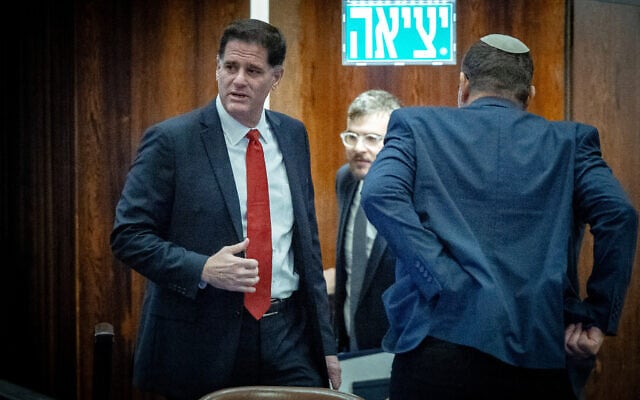
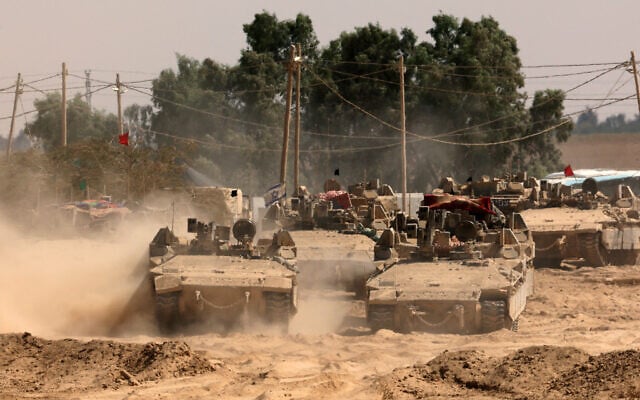
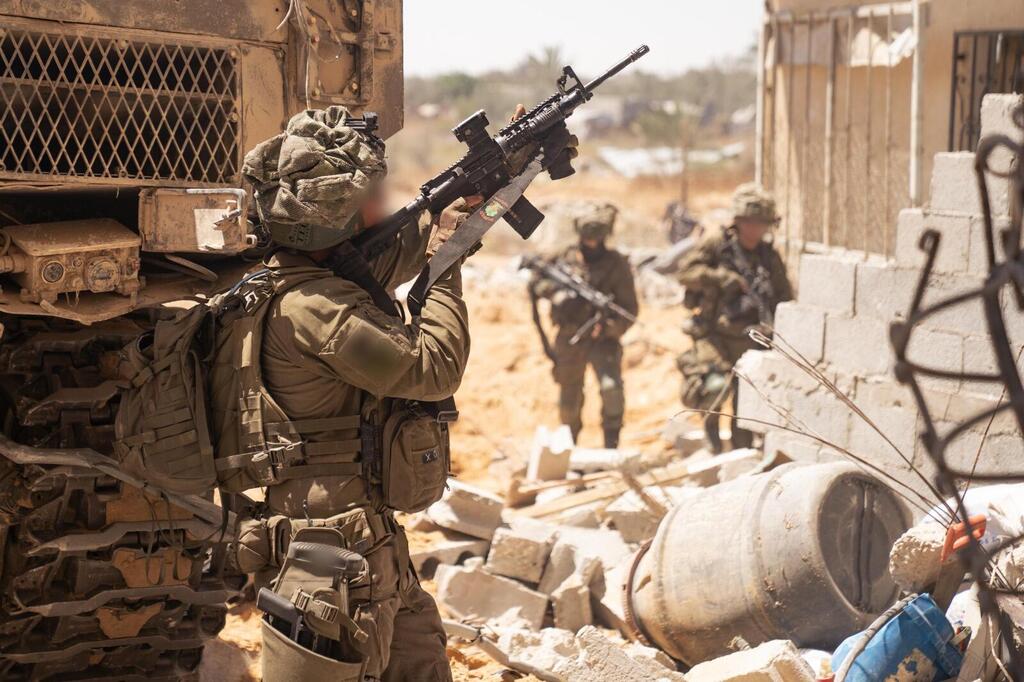
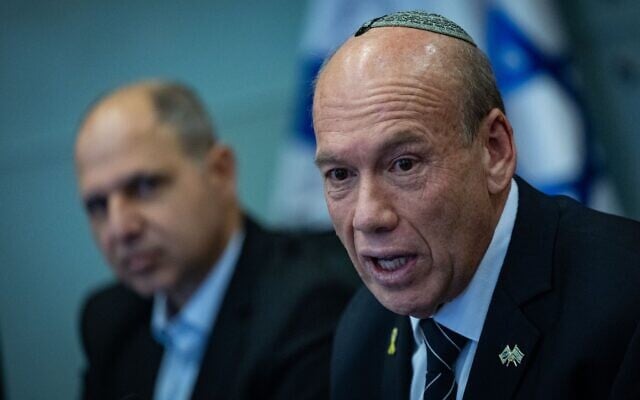


Comments
Post a Comment